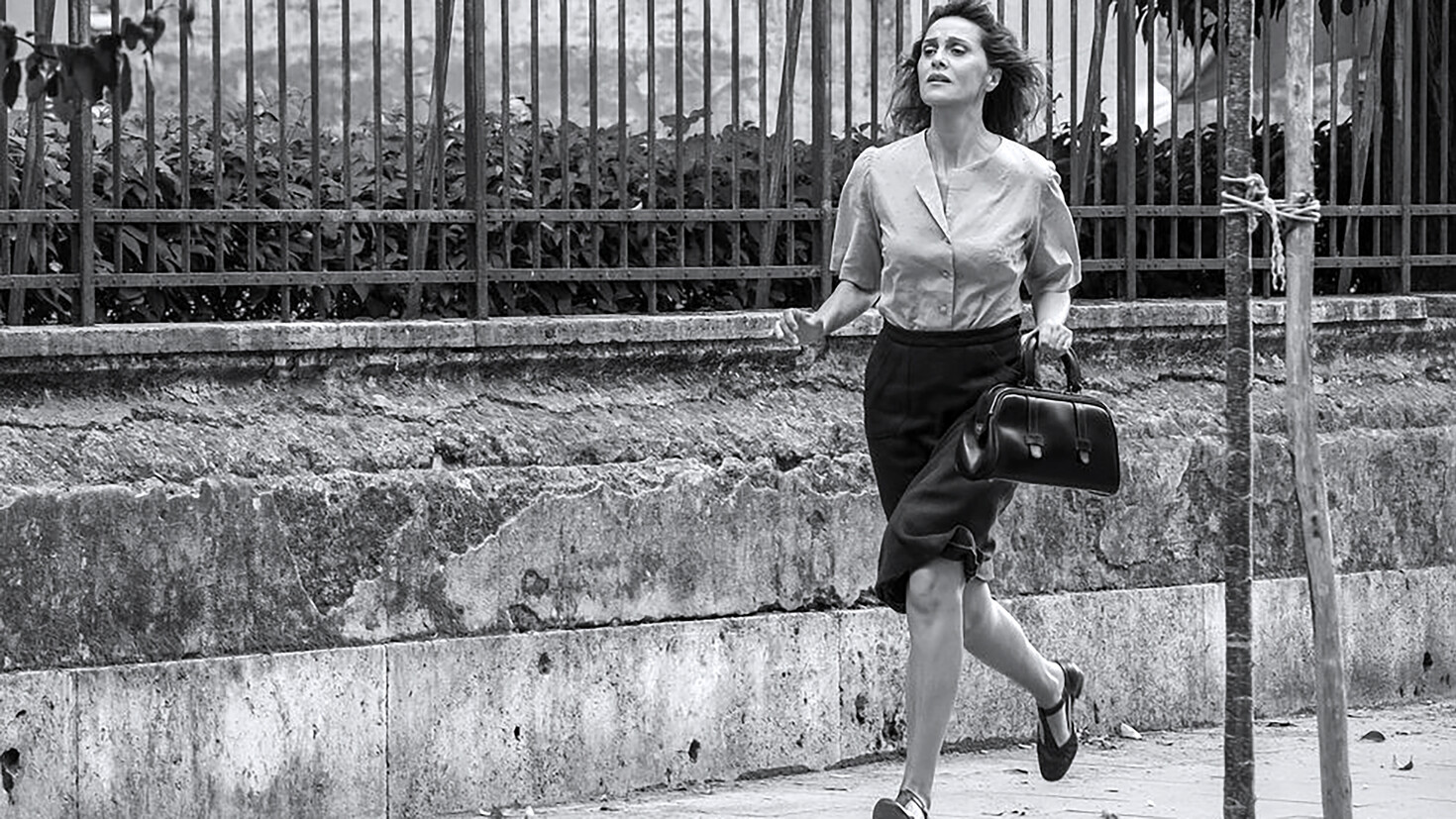by SILVIA RUZZI

Persistent struggles and empowerment of women in post-war Italy and beyond through the lens of cinema and literature
Paola Cortelli’s directorial debut, the film “C’è ancora domani”(2023) [There is Still Tomorrow], has been met with high praise from both critics and audiences alike. The film addresses a number of pertinent issues pertaining to Italian society, as well as to other societies and countries where disparities between gender roles were and are still evident. These include the role of women in the post-war period, women’s right to vote, the discrepancy in educational opportunities between girls and boys, economic disparities across social classes, the transmission of gender roles across generations, the emancipation of women, and the impact of societal transformations.
The film’s narrative follows the protagonist, Delia, a mother of three who finds herself constrained by the limitations of a patriarchal society. The film delves into the protagonist’s challenges with domestic violence, her journey towards self-emancipation, and her aspirations for her daughter’s future. It portrays her participation in the historic election of June 2, 1946, where women were granted the right to vote, and her desire for her daughter to receive a better education, to occupy an equal role within the couple, and to achieve financial independence.
The film illuminates the oppressive nature of patriarchal society, both within the private sphere of the home and in the public domain. Delia’s experiences exemplify the challenges women face in asserting their rights, whether at home or in public. However, the film also portrays the struggles of other women from diverse societal backgrounds. It demonstrates that patriarchal oppression is not exclusive to the lower class but is also prevalent in upper echelons of society.
The following pages will examine how Cortellesi’s film illuminates the silenced figure of the woman, drawing parallels with the perspectives presented in Michela Murgia’s Ave Mary. E la chiesa inventò la donna (2011) [Hail Mary. And the Church Invented the Woman] and Stai zitta e altre nove frasi che non vogliamo più sentire (2021) [Keep quiet and nine other phrases that we do not want to hear anymore]. A close study of Delia’s character and her acts of defiance will reveal the film’s powerful commentary on the ongoing struggle for women’s voices to be heard and valued.
Language as a tool of oppression
Throughout the film, the repetitive phrase that women are subjected to from their husbands is either “Sta’ zitta” [Keep quiet] or “Taci” [Shut up], which suggests that they are not permitted to express their thoughts, that their thoughts are insignificant, that they have no voice either at home or outside the domain of the house, and that they are expected to behave like silent figures within society, following the rules of patriarchy. The final scene of the film, which depicts thousands of women voting, represents the antithesis of silence: it portrays women exercising their democratic right to express their political views, opinions, and voices.
The history of the silenced woman is long and complex, shaped by a sophisticated and persistent process that has been largely perpetuated by men, but partially accepted by women as well. This process has served to highlight the perceived lower role of women in society compared to men. It is therefore a pertinent question to ask how such a figure could have been so widely disseminated and, to some extent, even acknowledged and accepted.
Meer for more
